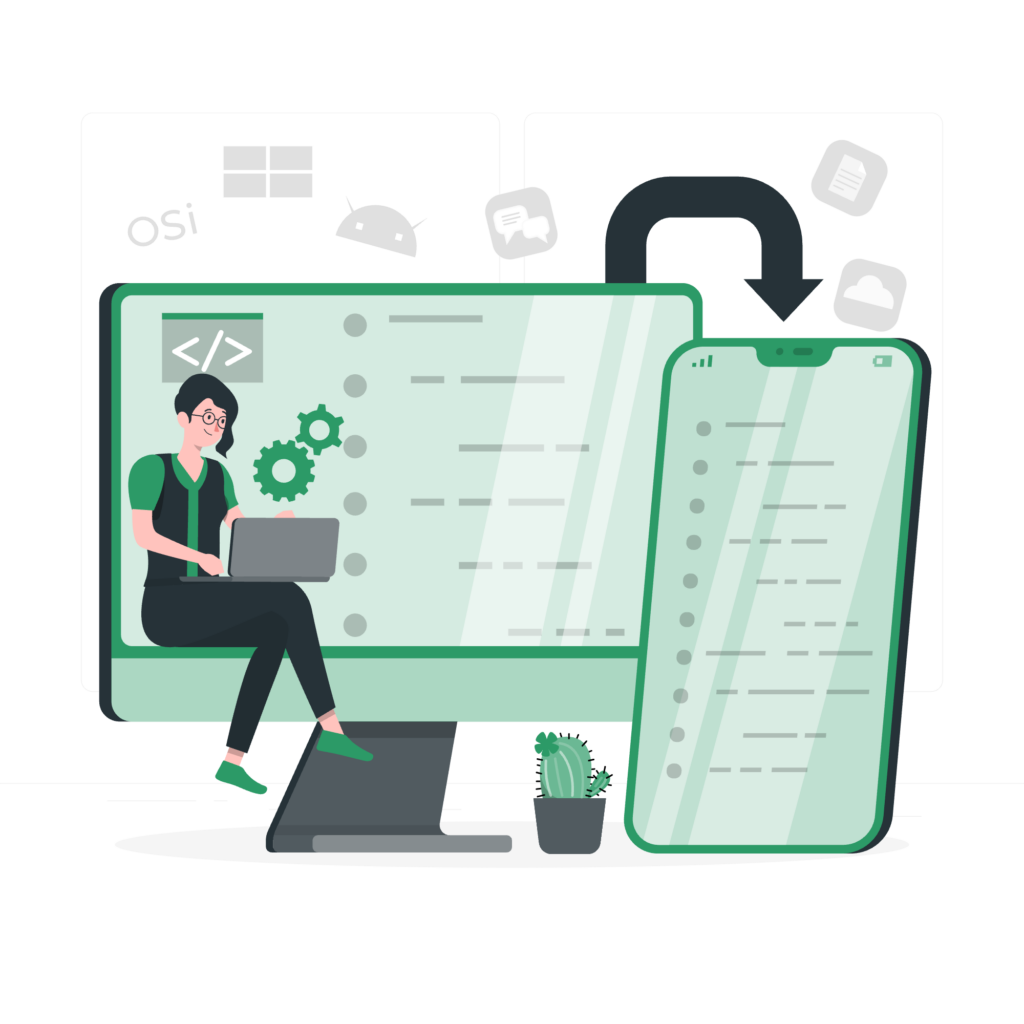The Ultimate Guide To Test Automation Frameworks
In today’s fast-paced digital environment, delivering high-quality software quickly and reliably is critical. Test automation frameworks are essential tools for QA teams seeking to accelerate testing, improve accuracy, and ensure repeatability across projects. This comprehensive guide explores what test automation frameworks are, the benefits they provide, the types available, and how to build and implement one that aligns with your organization’s goals.
What Is a Test Automation Framework?
A test automation framework is a set of guidelines, tools, and practices that provide a structured approach to automated software testing. These frameworks support code reusability, scalability, maintainability, and standardization across test cases. They typically include:
- Defined scripting standards
- Data handling practices
- Reporting mechanisms
- Integration with CI/CD tools
Frameworks enable teams to automate complex test scenarios while maintaining test reliability and minimizing manual effort.
Why Test Automation Frameworks Matter
Adopting a well-structured framework transforms how teams conduct testing:
- Speed & Efficiency: Run more tests in less time.
- Accuracy: Reduce human error and increase test consistency.
- Improved Test Coverage: Automate more scenarios and edge cases.
- Higher ROI: Reduce long-term costs through reusability and lower maintenance.
- Faster Releases: Align testing cycles with rapid development timelines.
Key Elements of a Successful Test Automation Framework
A robust framework is more than just automated scripts. Key components include:
Test Data Management
Streamlined and isolated test data inputs.
Reusable Test Scripts
Modular components that can be repurposed across tests.
Parallel Execution
Support for concurrent test runs to save time.
Reporting & Logging:
Clear visibility into test results and trends.
Scalability
Ability to grow with your software and team needs.

Types of Test Automation Frameworks
What are the frameworks for automation testing? Test automation frameworks come in various types, each with its strengths and weaknesses:
Modular Framework
Breaks applications into modules tested independently. Improves code organization and maintenance.
Data-Driven Framework
Separates test logic from data. Supports testing with multiple data sets without altering test scripts.
Keyword-Driven Framework
Uses predefined keywords for test actions. Allows non-technical stakeholders to write or understand tests.
Hybrid Framework
Combines elements of modular, data-driven, and keyword-driven frameworks. Offers maximum flexibility.
Top Test Automation Frameworks
Here are some of the most widely used test automation tools:
Tool
Language
Best For
Pros
Cons
Selenium
Java, Python, C#
Web application testing
Open-source, large community
Requires programming skills
Appium
Java, JavaScript, Ruby
Mobile app testing (iOS, Android)
Cross-platform, open-source
Slower execution
JUnit
Java
Unit testing for Java apps
Simple, integrated with IDEs
Limited to Java
TestNG
Java
Advanced Java test management
Parallel execution, flexible annotations
Limited to Java
Ranorex
C#, VB.NE
Desktop, Web, and Mobile testing
Powerful UI automation, easy to use, robust reporting
License cost; Windows-focused
CelticQA is a proud Ranorex Gold Partner, enabling our clients to get the most out of this enterprise-grade test automation platform.
Visit Selenium’s official site | Visit Appium’s official site
How to Build a Robust Test Automation Framework
Define Scope & Goal
Identify what to test, desired coverage, and key performance indicators.
Choose Tools Wisely
Match tools to your tech stack, budget, and team skills.
Develop and Integrate
Build test cases, integrate with CI/CD, and set up reporting
Validate & Refine
Run pilot tests, gather feedback, and iterate.
Maintain & Scale
Update tests regularly and adapt as the product evolves.


Choosing the Right Framework for Your Needs
When selecting a framework, consider:
- Project Requirements: Platforms, tech stack, and user scenarios.
- Team Expertise: Tools and languages your team knows.
- Flexibility: Can it evolve with your software lifecycle?
- Budget & Resources: Initial setup, training, and maintenance costs.
Best Practices for Test Automation Framework Success
- Start With a Clear Plan: Define scope, roles, and deliverables.
- Involve Your Team: Ensure buy-in and shared ownership.
- Maintain Continuously: Refactor scripts and update test data.
- Integrate CI/CD: Automate trigger points and feedback loops.
- Track Metrics: Monitor pass rates, flakiness, and execution times.
Common Challenges and How CelticQA Solves Them
Unclear Goals? CelticQA aligns frameworks with strategic testing objectives.
Limited Team Expertise?
No problem. Your team gains hands-on experience by working side-by-side with our QA experts as we lead implementation using proven best practices. This collaborative model ensures knowledge transfer happens organically — through doing, not just training.
Over-Automation? We help you strike the right balance between manual and automated testing.
Maintenance Bottlenecks? Our scalable solutions and expert team ensure long-term sustainability.
Case Studies
Why Choose CelticQA for Automation Framework Implementation
Partnering with CelticQA means:
Decades of Experience
Serving US, Irish, and UK clients across 15+ industries.
Proprietary Methodologies
Proven frameworks tailored to each client’s environment.
Ranorex Certified Partner
Access to advanced tools and support.
Award-Winning Expertise
Recognized for quality and innovation in QA services.
Scalable Expertise
A flexible delivery model that adapts to your evolving project needs—giving you access to the right skills at the right time without the overhead.
CelticQA Test Automation Services
Our Automation Tool Capabilities









USA
Experience quality assurance with our expert QA Testing Services in the USA.

UK
Elevate your software quality with our tailored Software QA Testing Services in the UK.

Ireland
Quality assurance for your software made easy with our experienced Software QA & Testing Services in Ireland.
Our Key Clients
Ready to accelerate your testing process and improve software quality?
Schedule a Consultation to Automate Smarter with CelticQA
Atlanta, USA
MON – FRI: 9 AM to 5 PM
Dundalk, Ireland
MON – FRI: 9 AM to 5 PM